If your organization orders items/parts on a daily basis, it is wise to do a thorough assessment of your suppliers. What should you look for when choosing the right supplier?
Price and quality
As with any purchase, you want good quality at a low price. Fortunately, the price factor lends itself perfectly to inter-supplier comparisons. For quality this is more difficult, although with some experience you will be able to assess this fairly well per supplier and per product (category). It can be interesting to develop an interface between your ERP system and the supplier's system for e.g. checking price and availability, requesting a quotation and placing orders.
Delivery time and delivery reliability
Delivery time is sometimes crucial and sometimes not at all relevant. If you need the parts for an emergency repair, then you MUST get them delivered on time. Is it an order to replenish inventory, then there is much less urgency. So check your suppliers' ratings to see how fast they can deliver. In addition to this delivery time, delivery reliability is interesting. If one supplier promises to deliver within 24 hours and meets this 90% of times, the supplier who delivers within 48 hours and meets this 99% of times may be a better alternative.
Other factors
Numerous other factors play a less important role in supplier evaluation, but should certainly be considered. Does the supplier take responsibility for errors? What about communication? How are complaints, parts returns and warranty claims handled? What you generally want from suppliers is a proactive attitude to best serve you, prevent errors and pursue continuous improvement.
Benefits of choosing the best supplier per order
The most obvious benefit of a thorough supplier evaluation is cost savings. By comparing properly, you will gain insight into the most advantageous supplier per order. A second benefit is that by selecting the right suppliers, you can reduce delivery time and increase delivery reliability. Ultimately, this leads to higher customer satisfaction. Other great benefits are increased efficiency and increased flexibility within your organization by working with suppliers who are reliable and deliver quickly.
The right analysis tools
But how do you get it done to assess your item suppliers correctly and consistently? You need good analysis tools for that. Make sure you have a perfect understanding of your need for items/parts and the orders you place. With the right reports and analysis, you can then see which products and product categories require extra attention in terms of supplier assessment. Just with a few simple measures, you can often start saving costs right away.
Luuk Busschers is a Consultant at Dysel and helps customers achieve their goals by deploying industry-specific ERP software.


